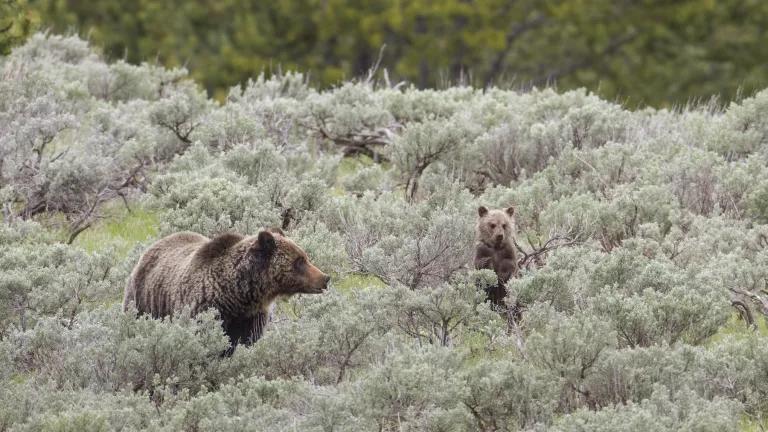China Joins Fight to Save the Vaquita as the Mexican Porpoise Slides Closer to Extinction
There was a ray of hope earlier this month for the vaquita—the nearly-extinct small porpoise species endemic to the Northern Gulf of California—when China hosted an enforcement workshop focused on combatting the trafficking of the totoaba fish maw, which is causing the vaquita’s decline. Over 100 frontline enforcement officers from fisheries, market control, customs and coast inspection attended the workshop, learning about the illegality of the totoaba trade and how to identify dried totoaba swim bladders, a product prized by some as an ingredient in certain Chinese soups. China’s step is incredibly meaningful because eradicating the trade of totoaba in China and other destination or transit countries is critical to saving the vaquita, which is caught and killed in the same nets used to illegally catch totoaba for the international market.
That hope was tarnished with unofficial reports a few weeks later that the population of vaquita, officially estimated at fewer than 60 individuals, has dropped into the 30s. And the Mexican government has announced plans to move forward with a program to capture some of the remaining vaquita to keep them out of harms way.
The story of the vaquita’s decline is simple and tragic in its openness. It hasn’t been a secret, it hasn’t been sudden. It’s been well documented and global experts have been ringing the alarm bell for decades. Between 1997 and late 2015, the vaquita population declined by 92 percent.
The single overwhelming factor responsible for the decline is fisheries bycatch—vaquita getting caught and subsequently drowning in gillnets. Prior to 2010, Mexican shrimp fisheries meeting U.S. demand for shrimp were responsible for the devastating bycatch. After 2010, the bycatch threat exploded as it shifted from the shrimp fisheries to the illegal totoaba fishery, with demand in China and elsewhere for totoaba swim bladders skyrocketing.
The news in 2014 that the vaquita’s population had fallen below 100 prompted new actions to save the species. Mexico instituted a partial gillnet ban in April 2015, beefed up enforcement, and advanced its plan for transition to alternative “vaquita-friendly” shrimp fishing gear. Nonetheless, totoaba fishing continued and vaquita continued to die. In 2016, we learned that the population had dropped below 60 and international forums once again turned their attention to vaquita. First, in September, the IUCN World Conservation Congress passed a motion calling for a permanent and complete gillnet ban, vigorous Mexican enforcement, and international cooperation to combat totoaba trafficking. Then, in early October, the Convention on International Trade in Endangered Species (CITES) adopted a decision document similarly calling for international cooperation in combatting the illegal totoaba trade, out of the efforts by Mexico, China and the U.S. Later in October the IWC followed suit, calling for the elimination of the international trade in totoaba swim bladders.
On December 1, China answered the call for action with an energetic response, kick starting greater collaboration with the United States and Mexico to combat totoaba trafficking and providing tools to enforcement officers targeting domestic movement and sale of totoaba. The sponsors of the totoaba enforcement workshop, China’s Management Authority for the Convention on International Trade in Endangered Species (CITES), Fisheries Bureau, and the market control and enforcement arm of the State Administration of Industry and Commerce, demonstrated China’s commitment to conserving totoaba and the vaquita. The workshop took place in Guangzhou and included delegates from the U.S. Fish and Wildlife Service, Mexico’s Federal Attorney for Environmental Protection, and Hong Kong’s CITES Enforcement and Customs, which shared their hands-on enforcement experiences and efforts to combat totoaba trafficking. In addition, the Chinese authorities introduced a mobile visual identification e-tutorial, which should facilitate quick on-site identification of totoaba swim bladders.
I was lucky to attend the event, meet with Chinese officials, and share information on the status of the vaquita and totoaba and how important it is that we build on efforts like the totoaba enforcement workshop. I was very excited to learn at the workshop that China is planning a major crackdown on illegal totoaba fish maw trade. The three countries also reached agreement for further enforcement cooperation. Only when countries unite will the illegal totoaba trade be curbed and the vaquita be saved from its steep slide to extinction.




